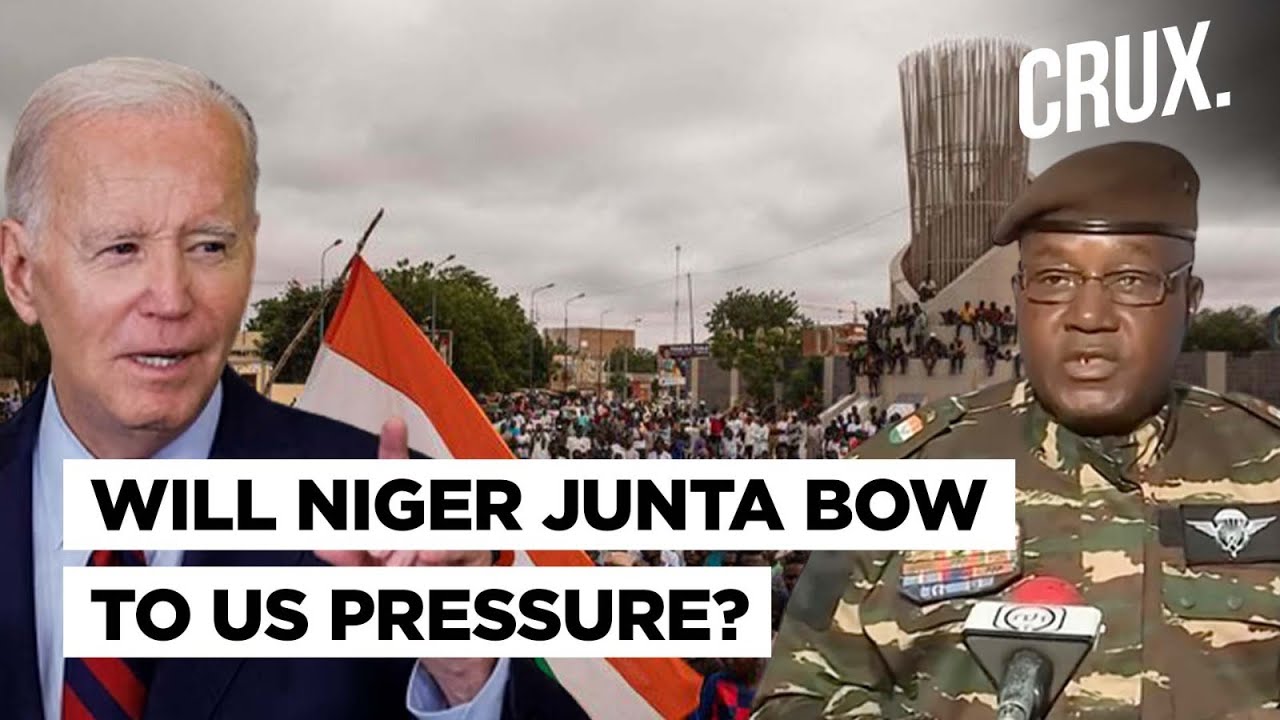Nigeria's president faces backlash over military intervention in Niger. The move, ostensibly aimed at addressing security concerns and maintaining regional stability, has sparked a significant backlash both domestically and internationally.
As the situation unfolds, the President is navigating the delicate balance between protecting his country's interests and preserving diplomatic relationships with neighboring nations.
The decision to deploy Nigerian military forces to Niger was made against a backdrop of rising security concerns in the region. With terrorist groups and armed factions gaining ground in bordering countries, the President's administration felt compelled to take action to prevent the spread of instability. The intervention was framed as a necessary step to curb potential threats and maintain peace and security not only within Nigeria but across its borders as well.
However, Nigeria's president faces backlash over military intervention in Niger. Critics argue that the military intervention risks overextending Nigeria's resources and diverting attention from pressing domestic issues.

Niger Coup Leader Snubs US Diplomat, Meets Mali-Burkina Delegation; Nigeria President Faces Backlash
However, there has also been widespread national opposition to the threat of war. This was especially true among MPs from states near the more than 1,500km (930 miles) long border with Niger.
The West African regional bloc Ecowas gave the junta until Sunday to relinquish power or face potential military action.
Since Mr. Tinubu currently serves as Ecowas' chairman and Nigeria is its most powerful member, the choice was widely regarded as being his.
Despite the fact that the junta disregarded the ultimatum, Ecowas did not send troops right away in response. Many Nigerians, who seek a diplomatic solution to the problem, were relieved to hear this.
On the international front, the intervention has strained relations with Niger and other neighboring countries. Diplomatic channels are now being tested, and concerns about sovereignty and non-interference are being raised.
The President must navigate a complex diplomatic landscape to address these concerns and reassure neighboring nations that Nigeria's intentions are rooted in stability and collaboration, rather than aggression.
At the heart of the controversy lies the delicate balance between respecting the sovereignty of neighboring countries and upholding regional stability.
While the President maintains that the intervention is a response to shared security challenges, critics argue that unilateral military action may undermine diplomatic efforts and exacerbate tensions.
The situation highlights the inherent tension between the need for collective security and the importance of respecting national boundaries.
Critics accuse Mr. Tinubu of rushing through important choices in the past, citing the fact that he abruptly ended a decades-long gasoline subsidy in May during his first speech as president, causing pandemonium.
To decide on the next course of action, Ecowas leaders will meet at a summit on Thursday in Abuja, the capital of Nigeria.
Even if a few other West African nations have pledged to join any military action, it is unlikely that they will do so without Nigeria if the National Assembly does not support them.
Conclusion
Nigeria's president faces backlash over military intervention in Niger. Balancing domestic concerns with international relations is a complex task that requires diplomacy, transparency, and a commitment to addressing shared security challenges. As the situation unfolds, the President's ability to navigate this delicate balancing act will determine the impact of Nigeria's actions on both its citizens and its neighbors.